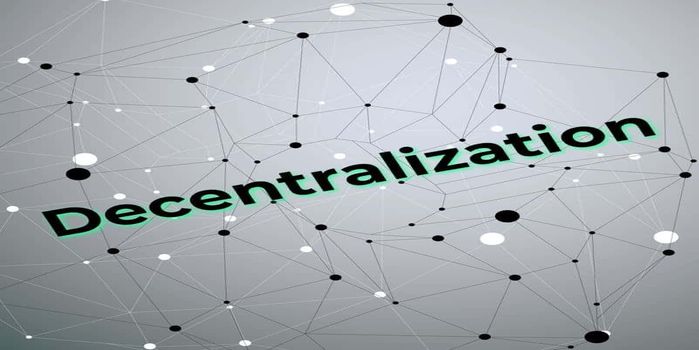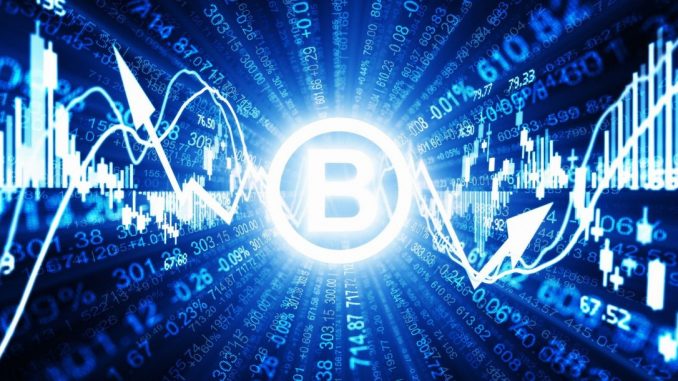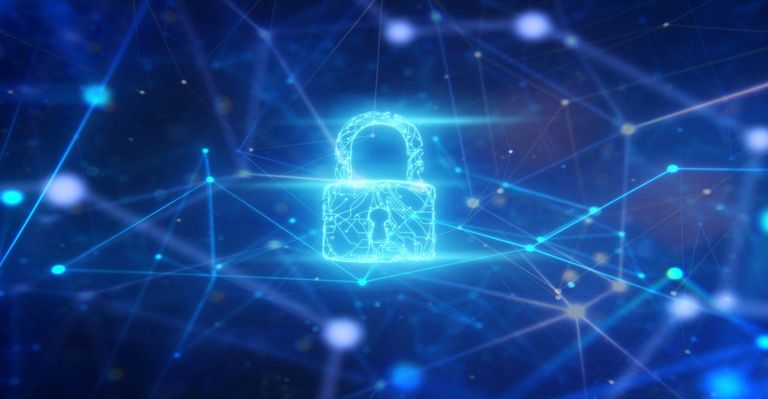In the highly inclusive field of blockchain technology, new concepts are continually making their way into the cryptocurrency sector. People have enjoyed the benefits of blockchain technology because of its increasing relevance and usability.
Presently, users are making use of decentralized finance (DeFi) and decentralized applications (Dapps). Crypto and blockchain have gained prominence as different concepts contribute to the field, and DAOs have also made a mark on the market. Decentralized autonomous organizations (DAO) are community-led entities, which means they are managed by their members. DAOs are not controlled or governed by a central authority.
A DAO prioritizes user anonymity and transparency. It uses smart contracts to map out an agreement’s terms and conditions. With smart contracts, terms for voting are predefined. The hierarchical structures and legal issues are addressed. Moreover, through these smart contracts, community collaborations and public codes can be audited. Members of the community can also make proposals via smart contracts.

The critical role of DAO community members
The decision-making of decentralized autonomous organizations is controlled by all of its members. To decide on the technical aspects of the project, they submit suggestions. Collectively, they determine the future development of the DAO structure. DAO token holders and members are also responsible for technical upgrades to the project.
By using a voting system, proposals are publicly audited. Proposals are approved by the protocol once they reach a prescribed consensus among existing DAO members. Once approved, the new proposal is put into effect through smart contracts. Community members collaborate on a DAO project through a familiar hierarchical structure within the foundational framework. They oversee corporate governance and manage the protocol. So, the protocol becomes more effective and gains greater traction with consumers.
Therefore, increased activity on the protocol indicates the DAO project is meeting its objectives. The DAO protocol also offers incredible incentives that make it more attractive for members. Hence, voting should be based on features that members find interesting. DAO grant funds are derived from these voting records, which illustrate the preferences of the community members.
This also enables the protocol to raise funds and reward the holders of the particular tokens. The tokens held by these holders become more valuable. Token holders also progress simultaneously with the growth and success of the project.
Different types of DAO Projects
As a very broad term, DAOs cover a wide variety of organizations. The PleasrDAO collects and invests in NFTs. Friends with Benefits DAO acts as an exclusive club because users have to subscribe to mark an entry into it. In addition, there are DAOs that fund non-binary crypto founders as part of the Komorebi Collective. These DAOs also incentivize women in various ways. Herstory DAOs also reward black women and non-binary artists.
The MetaCartel Venture DAOs invest in companies that are in the process of building Dapps. The DAOs all differ in their characteristics and features. In general, they are all based on the principle of decentralized autonomy.

Self-governing autonomous organizations
DAO projects are governed by rules and laws established by their community members. They value their network contributors more than traditional organizations. These organizations implement new features and make decisions using smart contracts. A fully decentralized protocol is built on top of these smart contracts. DAOs are completely transparent because they are publicly auditable. The protocol is safe and stable because there is little chance of interference. Every step of the protocol can be tracked and recorded, and the cross-checking of members ensures the smooth operation of DAOs.
There are usually three phases of a DAO launch. The first phase is the creation of the smart contract. Afterward, the DAO is deployed and the project is able to acquire funds through the sale of governance tokens. The DAO establishes rules using smart contracts. To finance the project, tokens are sold. Decentralized autonomous organizations issue tokens to fill their treasury.
In exchange for their fiat currency, the users acquire the governance tokens. Consequently, users gain the right to vote. A person’s voting record is proportional to the number of governance tokens he or she holds. With the DAO code complete, changes can only be made if a community consensus is reached through voting. Voting histories are kept for each DAO.
Perks of utilizing DAOs
DAOs operate in a rather simple fashion, but due to their internet compliance, they are more effective. Due to their modern and innovative features, DAOs differ from traditional organizations. DAOs remove the risks that traditionally exist in such organizations. Public DAOs can be tested repeatedly before launching, making them more transparent and foolproof.

Native token holders control and manage such organizations. Since there is no hierarchy in the organization, they are the only true stakeholders. Anyone can submit a suggestion and members can either agree or disagree on it, ensuring an equal distribution of power. In a DAO, this creates the opportunity for more innovation. The use of smart contracts can also resolve internal conflicts and problems by using a predefined set of rules.
The principal-agent problem can also be solved with DAOs. This dilemma refers to a conflict of interest between a decision-maker and the individual they represent. CEOs and stakeholders of a company often have these types of problems. DAO provides a solution by establishing community governance.
As long as they adhere to the rules of DAO projects, stakeholders are not forced to become part of it. DAOs also reward and incentivize their token holders. The token holders are linked to the entire ecosystem, and their self-interest will be rewarded if the network succeeds. Due to this, no token holder is engaging in malicious activities on the network.
Nonetheless, all of these benefits and uses of DAOs are making them popular among consumers. With more innovations, these DAOs are set to rule the blockchain world. Their incredible use-cases might prove to be a breakthrough for the users in the future.

